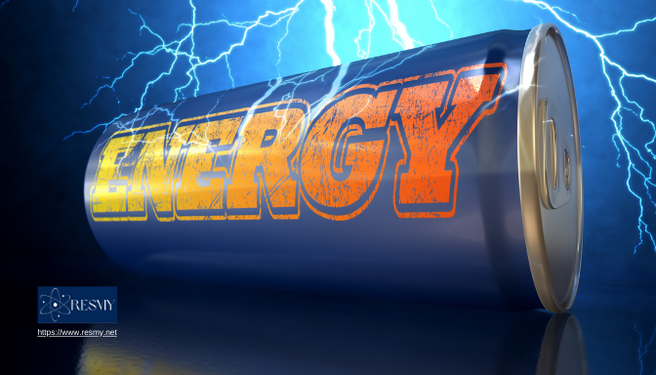Energy drinks are a popular choice among adolescents and young adults seeking a quick energy boost. However, a new study raises concerns about the potential health risks associated with their consumption.
This comprehensive review examined numerous research studies on the effects of energy drinks, both acute and chronic. The findings reveal a range of concerning consequences, including:
- Cardiac arrhythmias: Energy drinks can disrupt the heart’s rhythm, potentially leading to serious complications.
- Neurological and behavioral changes: Anxiety, insomnia, and even seizures have been linked to energy drink consumption.
- Organ inflammation: The liver, stomach, pancreas, and kidneys can all be affected by excessive energy drink intake.
- Rare skin and autoimmune disorders: While uncommon, some studies suggest a link between energy drinks and these conditions.
The study highlights a particularly troubling trend: a potential under-reporting of deaths associated with energy drinks. This is especially concerning for young people who may not experience any underlying health conditions. The authors emphasize the importance of pathologists carefully collecting data to identify potential energy drink involvement in sudden cardiac deaths among young individuals.
Understanding the Ingredients:
Energy drinks are a cocktail of various ingredients, including:
- Caffeine: The primary stimulant, responsible for the energy boost but also contributing to anxiety and heart palpitations. Energy drinks often contain much higher caffeine content compared to coffee.
- Sugar: Loaded with added sugars, these drinks can lead to weight gain and increase the risk of diabetes and other chronic health problems.
- Taurine: An amino acid with potential benefits, but its interaction with caffeine in these drinks requires further investigation.
- Guarana: A plant-based source of caffeine, further boosting the drink’s overall stimulant effect.
- B Vitamins: While essential for cellular function, the claim that B vitamins enhance energy through these drinks is not definitively proven.
The Call for Regulation and Awareness:
The significant rise in energy drink consumption, particularly among young people, has prompted the authors to call for stricter regulations. They recommend:
- Daily intake limits: Consumption should not exceed established safe caffeine intake levels, considering the presence of other stimulants in these drinks.
- Clear labeling: Products with high caffeine content should clearly state daily intake limits to prevent accidental overconsumption.
- Age restrictions: Sales to minors should be regulated due to the potential long-term health risks and unknown effects on developing bodies.
- Public education: Increased awareness about the potential dangers of energy drink misuse is crucial to empower informed consumer choices.
The Need for Further Research:
While the current study sheds light on the potential health risks, the authors acknowledge the need for further research to fully understand the long-term consequences of energy drink consumption.
This review serves as a wake-up call for both consumers and regulatory bodies. Energy drinks may offer a temporary energy boost, but the potential health risks, particularly for young people, cannot be ignored. With stricter regulations, increased public awareness, and continued research, we can ensure a more informed and responsible approach to energy drink consumption.
Reference: here
Other Topics: Medicine and Health Science, Natural Science, Agricultural Science, Engineering & Technology, Social Sciences & Humanities

